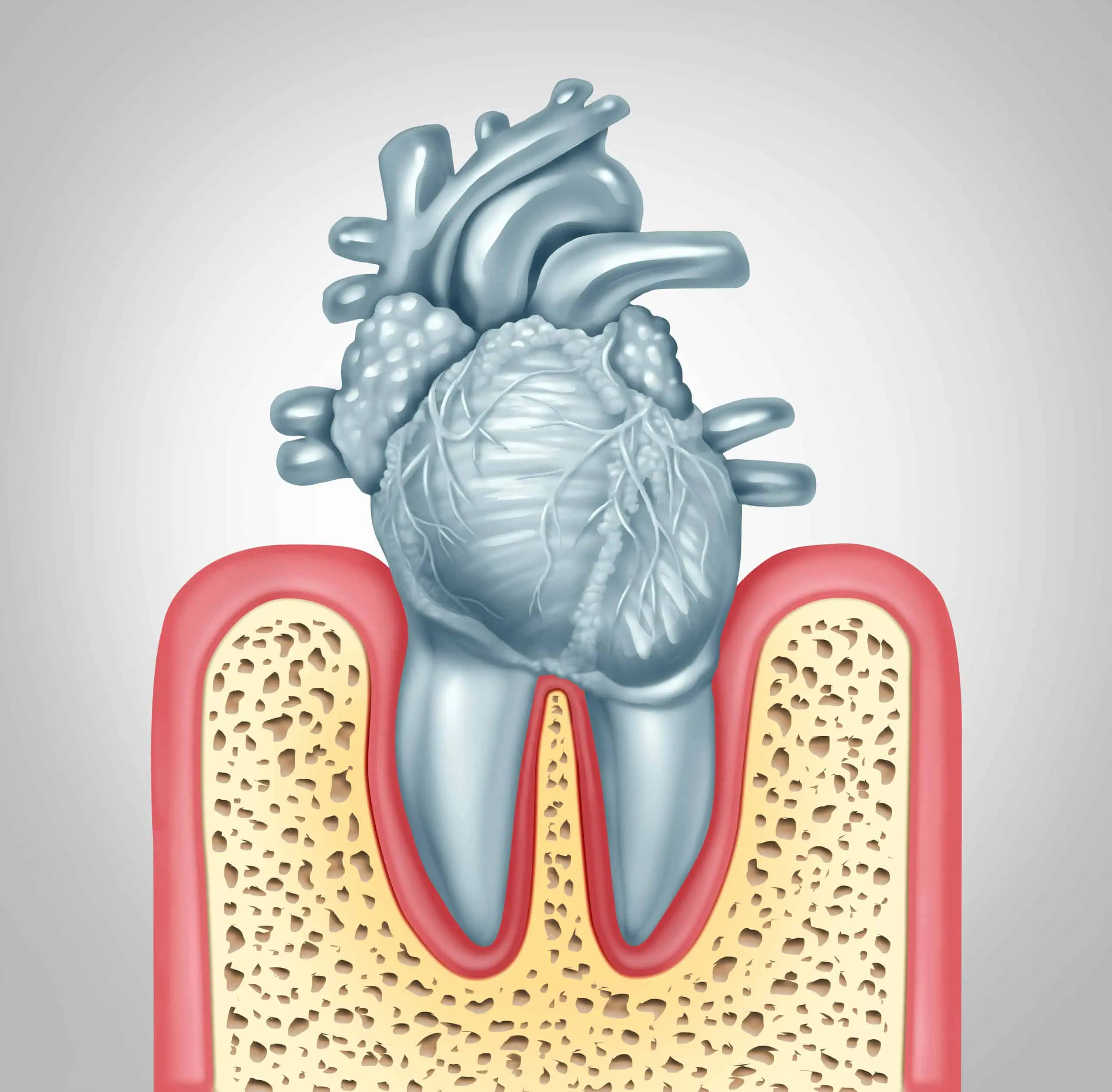Introduction to the link between oral health and heart disease
When we think about maintaining our health, the first things that often come to mind are diet and exercise. But there’s an unexpected player in the game: oral health. Yes, your pearly whites do more than just help you chew your food; they can also have a profound impact on your heart. Recent studies have unveiled a surprising connection between gum disease and heart disease, revealing that what happens in your mouth might directly affect what’s going on in your cardiovascular system. If you’re wondering how brushing and flossing can be linked to heart disease prevention, you’re not alone! Let’s dive into this fascinating relationship and explore why taking care of those teeth is crucial for keeping both your smile bright and your heart healthy.
The role of bacteria in both oral health and heart disease
Bacteria play a crucial role in the health of your mouth and heart. In our mouths, various bacteria thrive. While some are beneficial, others can wreak havoc if not kept in check.
When oral hygiene slips, harmful bacteria multiply. They form plaque on teeth and promote gum disease. This inflammation doesn’t just stop at the gums; it can enter the bloodstream too.
Once these bacteria travel through blood vessels, they may contribute to arterial plaque buildup. This sets the stage for heart disease complications down the road.
Research indicates that chronic gum disease is linked with an increased risk of cardiovascular issues. It’s a complicated relationship between oral health and your overall well-being that merits attention beyond brushing alone.
Understanding this connection emphasizes how vital it is to maintain good dental practices—not just for a bright smile but also for a healthy heart.
How gum disease can lead to an increased risk of heart disease
Gum disease, often a silent condition, can have far-reaching effects beyond the mouth. When inflammation occurs in the gums, harmful bacteria can enter the bloodstream. This process triggers an immune response that may lead to inflammation throughout the body.
The heart isn’t exempt from this inflammatory response. Studies suggest that these same bacteria may contribute to arterial plaque buildup. Over time, this increases your risk of heart disease.
Moreover, chronic gum disease can elevate levels of C-reactive protein (CRP), a marker associated with systemic inflammation and heart problems. The connection between oral health and cardiovascular health is becoming increasingly clear.
Neglecting your dental hygiene doesn’t just affect your smile; it could be jeopardizing your heart as well. Maintaining healthy gums is essential for more than aesthetics—it’s crucial for protecting vital organs too.
Other potential connections between oral health and heart health
Research suggests that the link between oral health and heart health goes beyond just gum disease. Poor dental hygiene can lead to inflammation, which is a risk factor for cardiovascular issues.
Chronic conditions like diabetes often coexist with poor oral health. The connection here is strong; high blood sugar levels can exacerbate gum problems, creating a vicious cycle that affects both the mouth and heart.
Additionally, certain medications used for various health issues may impact saliva production. Reduced saliva increases plaque buildup, leading to more severe dental problems and potentially influencing overall heart function.
Stress plays another role in this relationship. Stress can lead to teeth grinding or neglecting oral care routines, ultimately increasing the risk of gum disease and its consequences on cardiovascular wellness.
These interconnections highlight how multifaceted our body systems are—what happens in one part inevitably impacts another.
Tips for maintaining good oral hygiene to protect your heart
Maintaining good oral hygiene goes beyond a bright smile; it can play a crucial role in heart health. Start with brushing your teeth at least twice daily. Use fluoride toothpaste to strengthen enamel and fight cavities.
Flossing should never be overlooked. It removes plaque and food particles from between your teeth, areas where your toothbrush may struggle to reach.
Consider incorporating an antibacterial mouthwash into your routine. This helps reduce harmful bacteria that can contribute to gum disease.
Don’t forget about your diet! Eating crunchy fruits and vegetables not only cleanses your teeth but also promotes saliva production, which is essential for neutralizing acids in the mouth.
Stay hydrated as well. Drinking water throughout the day washes away food debris and keeps your gums healthy, supporting overall oral health while contributing to heart disease prevention too.
The importance of regular dental check-ups
Regular dental check-ups are essential for maintaining oral health. These visits allow dentists to catch potential problems early on, often before they develop into more serious issues.
During a routine exam, your dentist checks for gum disease and cavities—conditions that can silently escalate if left untreated. They also evaluate your overall oral hygiene practices and offer personalized tips to enhance your care routine.
Additionally, professional cleanings remove plaque and tartar buildup that regular brushing might miss. This process not only keeps teeth bright but reduces the risk of bacteria entering the bloodstream.
Don’t underestimate the importance of these appointments; they help maintain both your smile and heart health by identifying risks linked to systemic conditions like heart disease. Prioritizing dental visits ensures you stay ahead in your journey toward optimal well-being.
Taking care of your teeth for a healthy heart
Taking care of your teeth is essential not just for a radiant smile, but also for a healthy heart. By prioritizing oral health, you can potentially lower your risk of developing heart disease. Simple habits like brushing twice a day and flossing regularly help keep harmful bacteria at bay.
Don’t forget to incorporate mouthwash into your routine. This can further reduce plaque buildup and combat gum disease—a known risk factor for heart issues. A well-balanced diet rich in fruits, vegetables, and whole grains contributes significantly to both oral hygiene and overall cardiovascular health.
Regular dental check-ups play an important role as well. These visits allow professionals to spot early signs of gum disease or other concerns that could affect your heart health down the line.
By maintaining good oral hygiene practices, you’re investing in more than just fresh breath; you’re taking proactive steps toward better heart health too. Your mouth is often called the gateway to the body—take good care of it!














